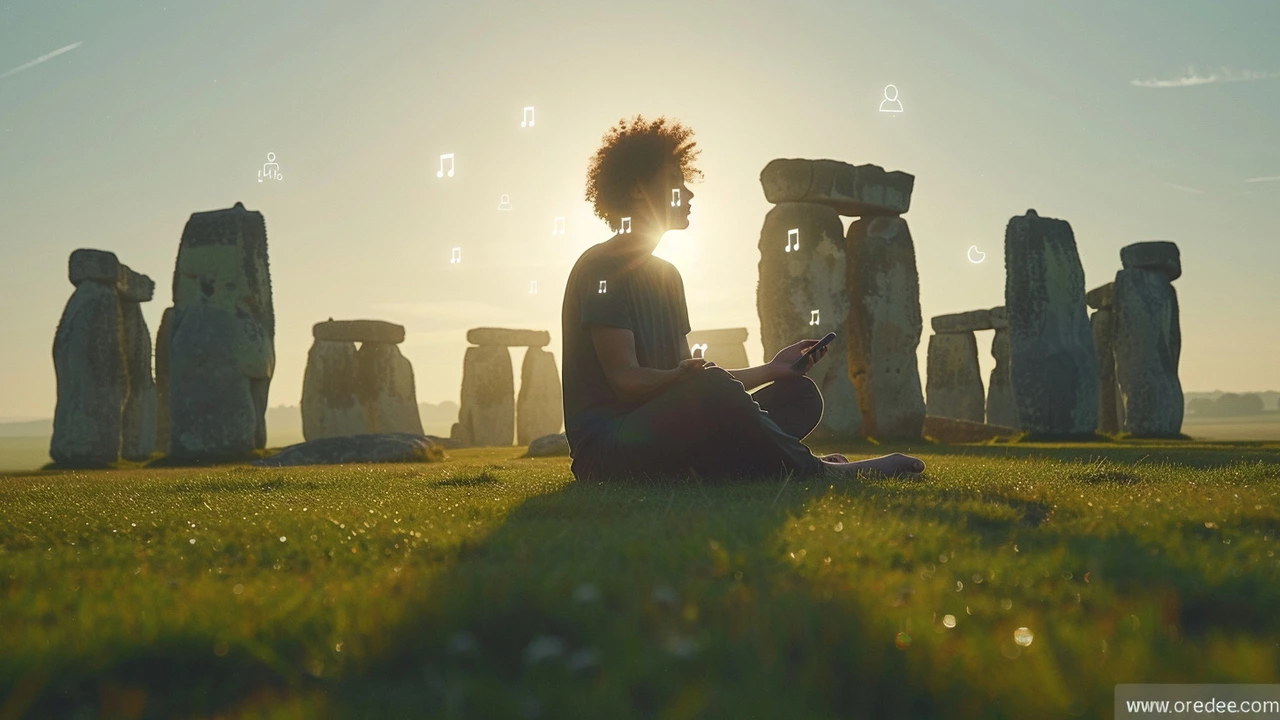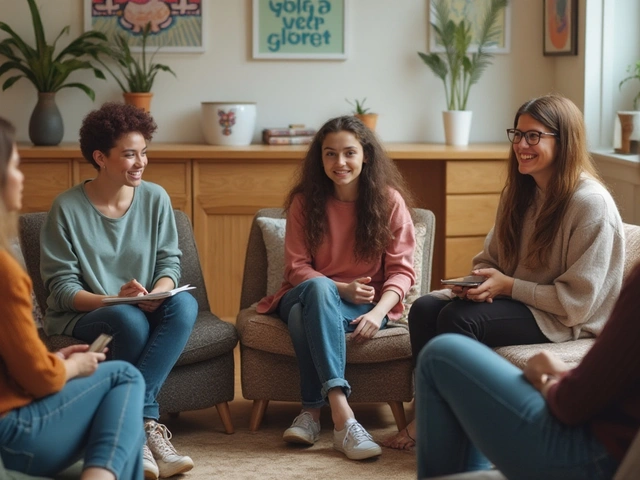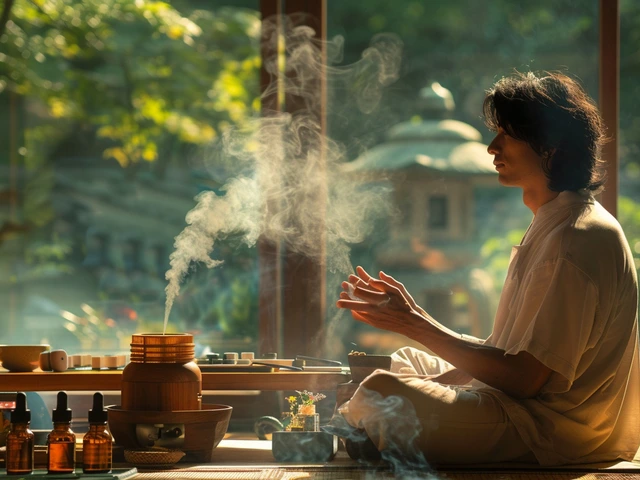The Urgency of Finding Balance
In the whirlwind that is the digital age, we're more connected than ever before. Yet, this constant connectivity brings its own set of challenges—distractions, comparisons, the fear of missing out (FOMO), and an overwhelming amount of information. It's easy to forget that behind every screen, every like, comment, and share, there's a person, trying to navigate this complex web of interactions. This realization sparked my interest in finding harmony between staying connected and preserving my mental and emotional wellness.
The Essence of Mindfulness
Mindfulness, at its core, is about being fully present and engaged in the moment, without judgment. It's about acknowledging our thoughts and feelings without letting them dominate our actions. When applied to social media, mindfulness entails interacting consciously with our digital devices and the content we consume and create, making deliberate choices about how we spend our time online.
Setting Healthy Boundaries
Setting boundaries is pivotal to our digital wellbeing. It's about knowing when to say 'yes' to a disconnect, to pause and reflect. Some practical steps include limiting social media usage to certain times of the day, turning off unnecessary notifications, and having 'social media-free' zones or times at home. These boundaries can help us reclaim our time and attention, making room for real-life connections and experiences that truly matter.
Embracing Digital Detoxes
A digital detox, or taking intentional breaks from electronic devices, can be incredibly rejuvenating. This might seem daunting at first, given how integrated these devices are into our lives, but the benefits are undeniable. Detoxes can help reduce stress, improve sleep, and enhance concentration. Even short, regular breaks can make a significant difference in how we feel both online and offline.
Incorporating Mindfulness into Daily Online Activities
Mindfulness can be woven into our daily online habits in simple, practical ways. It starts with bringing more awareness to our online activities, asking ourselves why we're reaching for our phone or scrolling through a feed. Is it out of habit, boredom, or genuine interest? Before posting, we can consider the intent behind it. Is it to share something meaningful, or are we seeking validation? By becoming more conscious of our motivations, we can shift towards more mindful, intentional use of social media.
The Impact of Social Media on Mental Health
The link between social media usage and mental health is undeniable. Studies have shown that excessive use can lead to increased feelings of anxiety, depression, and loneliness. However, when used mindfully, social media can also be a source of inspiration, connection, and support. It's about finding that delicate balance, ensuring that our online activities contribute positively to our wellbeing.
Leveraging Technology to Foster Mindfulness
Interestingly, technology itself can be a tool in fostering mindfulness. Several apps are designed to help manage screen time, remind us to take breaks, and even guide us through mindfulness exercises. Utilizing these resources can help us build healthier habits, making it easier to maintain a balanced relationship with our digital devices.
In conclusion, achieving balance with social media in today's connected world is both a challenge and an opportunity. By embracing mindfulness practices, setting healthy boundaries, and leveraging technology to our advantage, we can navigate the digital landscape with grace. It's about making conscious choices to ensure that our online experiences enrich, rather than detract from, our lives.






